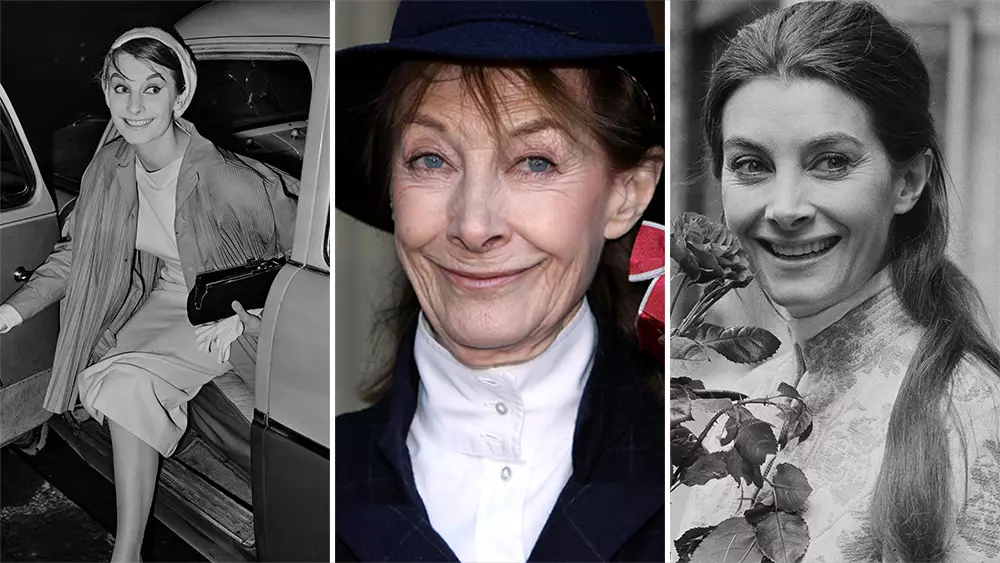Jean Marsh, a name synonymous with brilliant television, has left a profound legacy that will echo through the annals of entertainment history. The Emmy-winning actress and co-creator of the groundbreaking series *Upstairs, Downstairs* passed away at the age of 90, leaving behind not just a body of work but an indelible mark on the art of storytelling. The cause of her demise, complications from dementia as relayed by her friend Michael Lindsay-Hogg, further highlights the somber reality faced by many artists as they age.
Marsh’s career was not merely a series of roles; it was a rich tapestry of performances that transcended the traditional expectations of television. Her portrayal of Mrs. Rose Buck, a parlormaid entangled in the dichotomy between class privilege and servitude, offered viewers a glimpse into the intricacies of the human experience during Edwardian England. Long before shows like *Downton Abbey* gripped audiences, Marsh’s work highlighted the nuances of social classes and their intricate interactions, a theme that continues to resonate in modern storytelling.
The Dichotomy of Class and Society
At its core, *Upstairs, Downstairs* was not just a period drama; it was a mirror reflecting the societal turmoil of its time. The series provided a platform for discussions that went beyond the superficial dilemmas of its characters, touching on class struggles, gender dynamics, and the ever-evolving nature of social responsibility. What made Marsh’s performance so compelling was her ability to embody the aspirations and regrets of a class often dismissed in the grand narratives of history. Her Emmy win in 1975 was not just a nod to her talent, but an acknowledgment of the critical discourse she helped foster—discourse that remains desperately relevant in today’s world as we grapple with our own social inequalities.
The revival of *Upstairs, Downstairs* in 2010 brought another layer of significance to Marsh’s legacy. Revisiting the Bellamy family dynamics under a contemporary lens allowed audiences to reflect on how far we’ve come—and how much further we need to go. In reprising her role, Marsh reminded us that the themes of the past never truly fade away; they evolve, often resurfacing in modern contexts where they demand attention and action.
Enduring Influence Beyond the Screen
Marsh’s contributions extend far beyond her most prominent role as Rose Buck. Her early forays in the entertainment industry, from *Doctor Who* to the iconic *The Twilight Zone*, established her as a versatile actress unafraid to explore complex characters. Such diversification of talent is rare, and it underscores an important point: Marsh was not just a performer; she was a pioneer. The success of *The House of Eliott*, co-created by her in the early ’90s, further showcased her ability to transcend traditional genre constraints, paving the way for future generations of storytellers, particularly women in the industry.
As we reflect on Marsh’s life and the colossal impact she had on both television and the representation of women in the arts, we must acknowledge that her legacy serves as a powerful reminder. It encapsulates not only the beauty of storytelling but emphasizes an essential truth: artists shape the cultural narratives that define us, combatting apathy with meaningful engagement. Jean Marsh’s work will continue to inspire, as her characters invite us to confront our collective histories while challenging us to envision a more equitable future.

